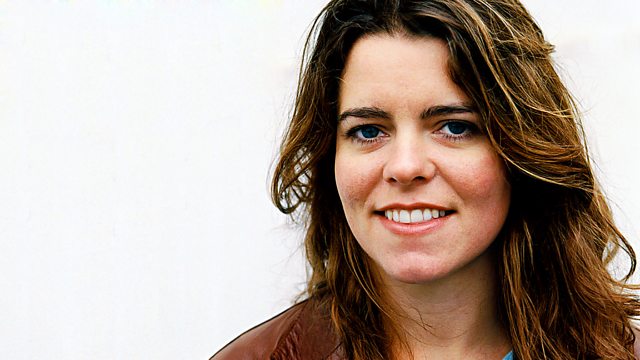Anna Freud and Child Observation
Claudia Hammond reflects on the enduring impact of Anna Freud's approach. By insisting on observation in her nurseries, she promoted the understanding of the child's perspective.
Claudia Hammond presents the history of psychology series which examines the work of the people who have changed our understanding of the human mind. This week she reflects on the enduring impact of Anna Freud's approach. By insisting on observation in her nurseries, she promoted the understanding of the child's perspective. Her continuing legacy can be seen in the way children are cared for in hospital and within the legal system today.
Claudia explores how Anna, the only one of Freud's six children to follow him into the field of psychoanalysis, started out as a teacher in 1920s Vienna and soon identified the toddler age as crucial to the child's future emotional development. After she fled to London with her father in 1938, she set up the Hampstead War Nurseries, the foundation for the Hampstead Child Therapy Course and Clinic, which became the Anna Freud Centre after her death in 1982. Claudia visits the Centre to meet Nick Midgley, a child psychotherapist there, and Dr Inge Pretorius, who is in charge of the Parent Toddler service. She also meets students training to be child psychotherapists, who are taught to observe in minute detail the interaction between children and carers in the way Anna Freud pioneered.
At one of the Centre's therapeutic parent toddler group parents explain what sets it apart from other groups, and discovers that today the Anna Freud Centre is breaking new ground with its Developmental Neuroscience Lab, using EEGs to further their understanding of the psychology of children and adolescents. Co-Director of the Centre, Mary Target, believes Anna Freud would have approved, though many within psychoanalysis are sceptical of this approach.
Producer: Marya Burgess.
Last on
More episodes
Broadcast
- Fri 26 Apr 2013 11:0091热爆 Radio 4

